Back to Courses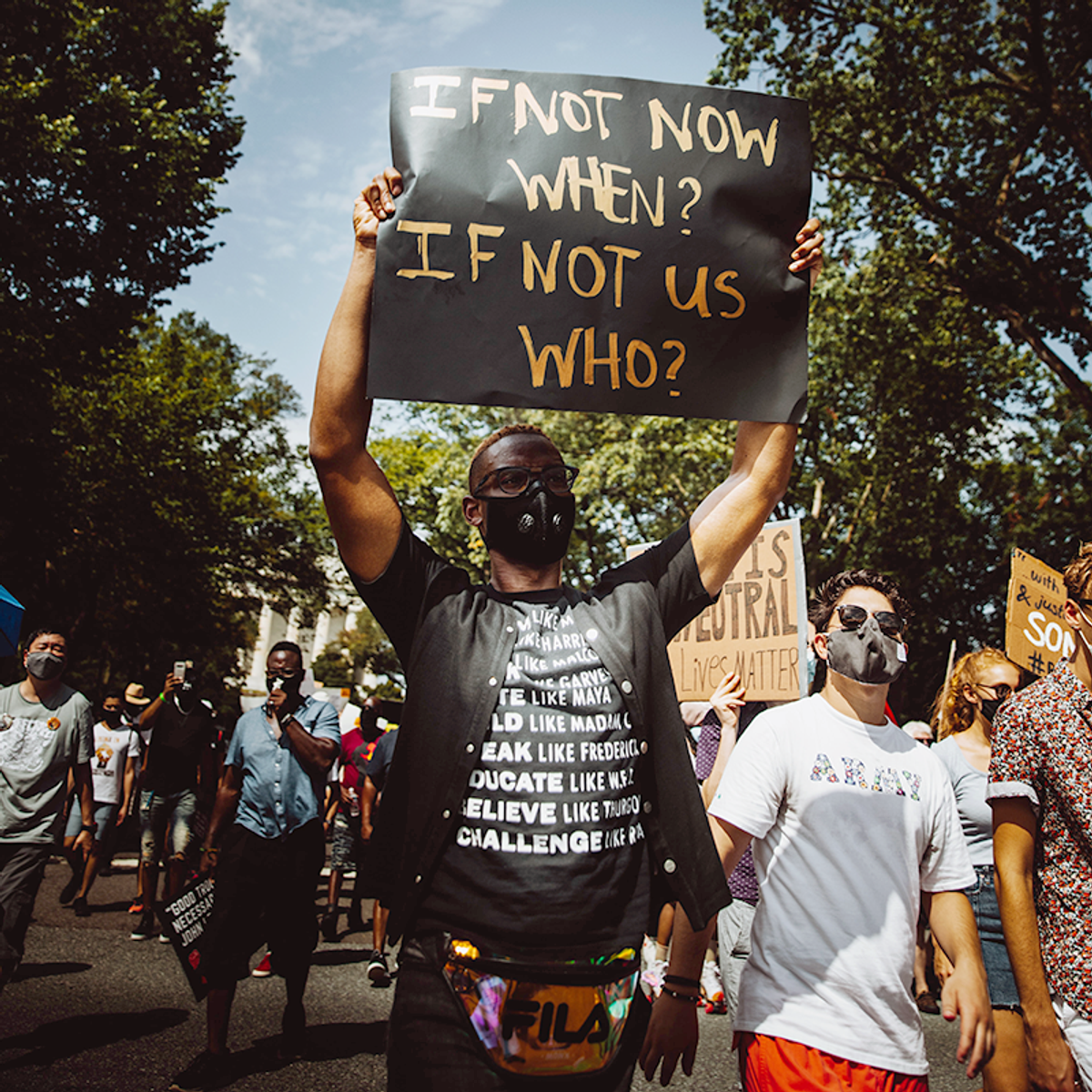
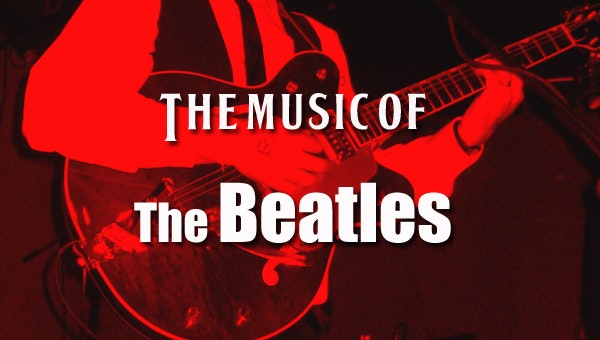
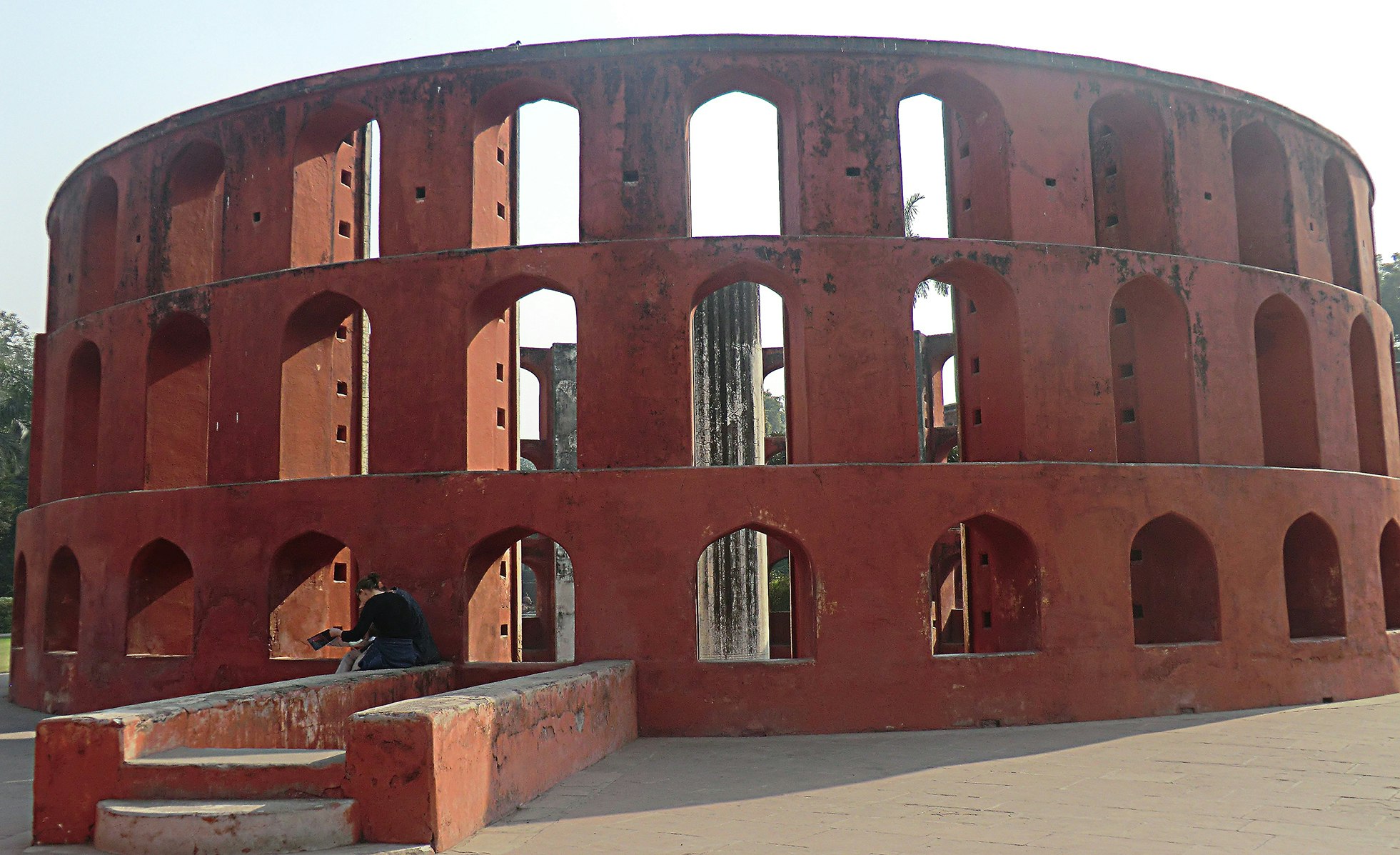
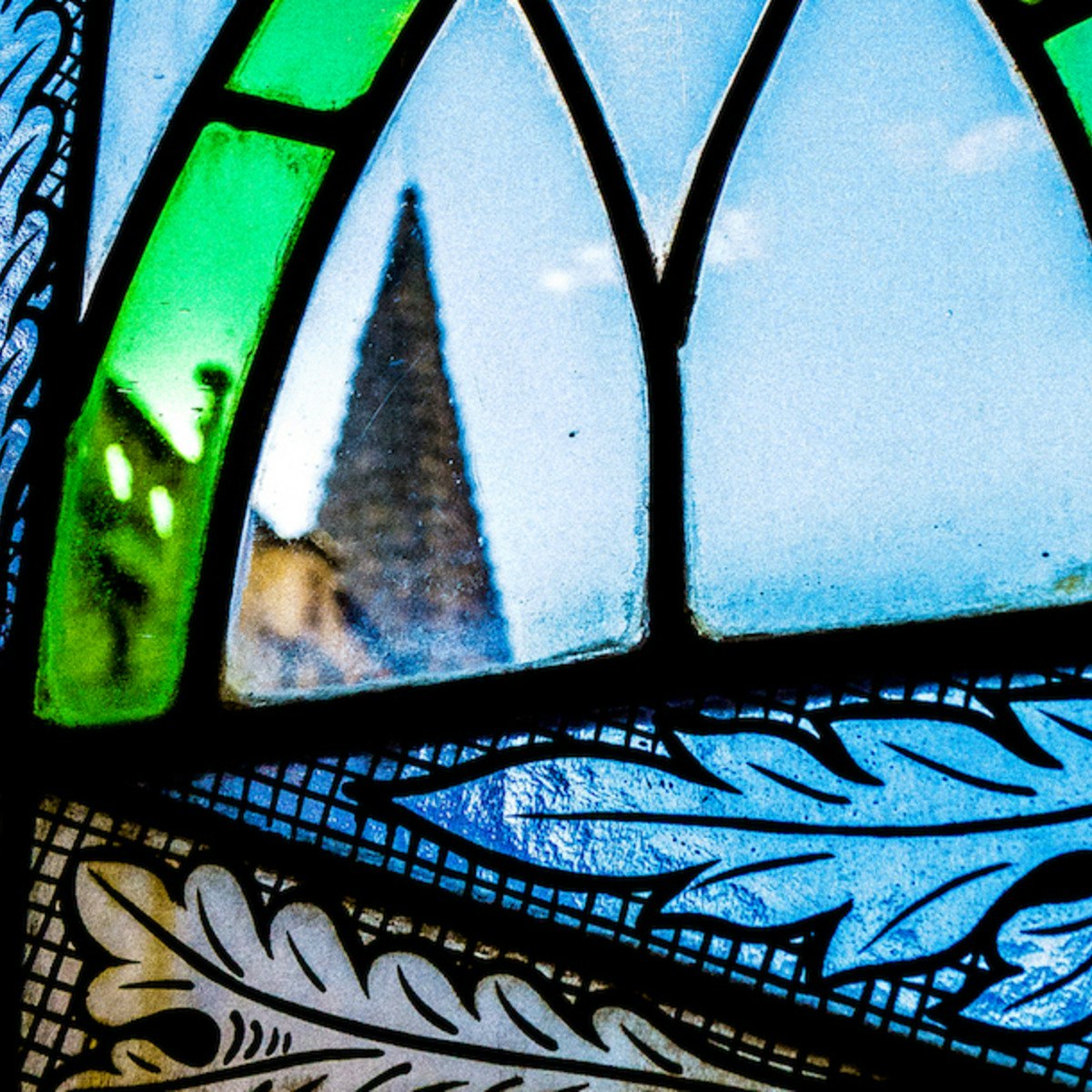
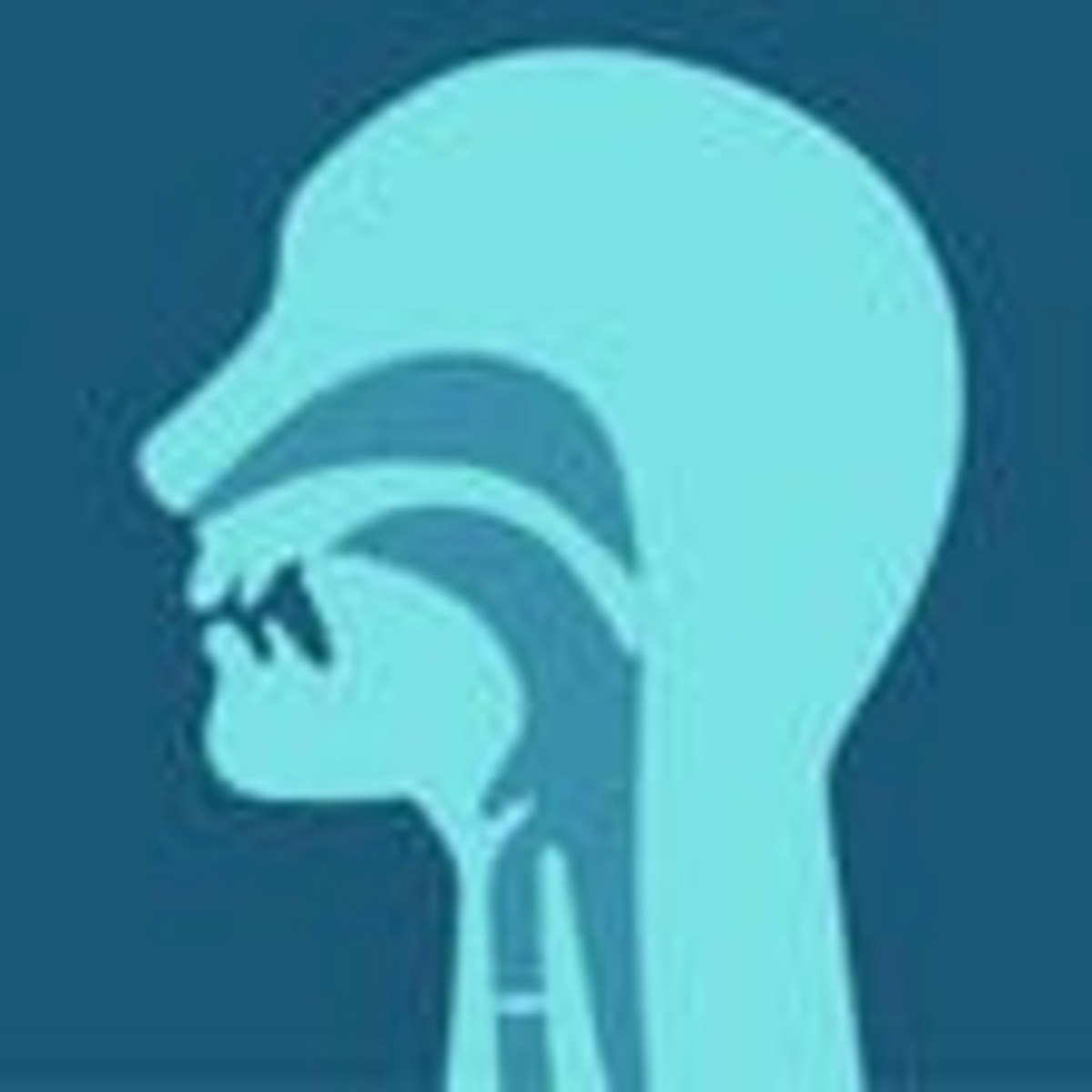



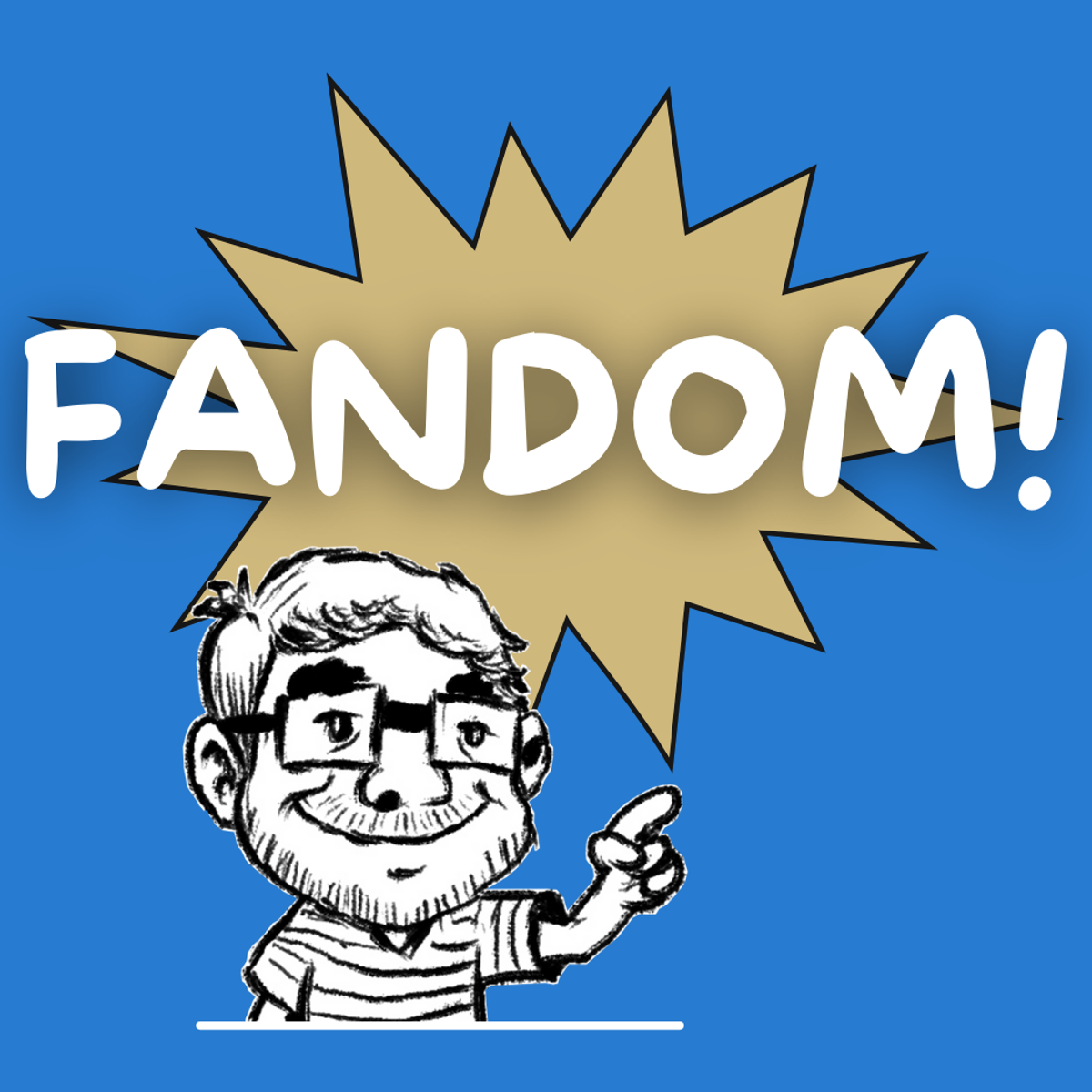
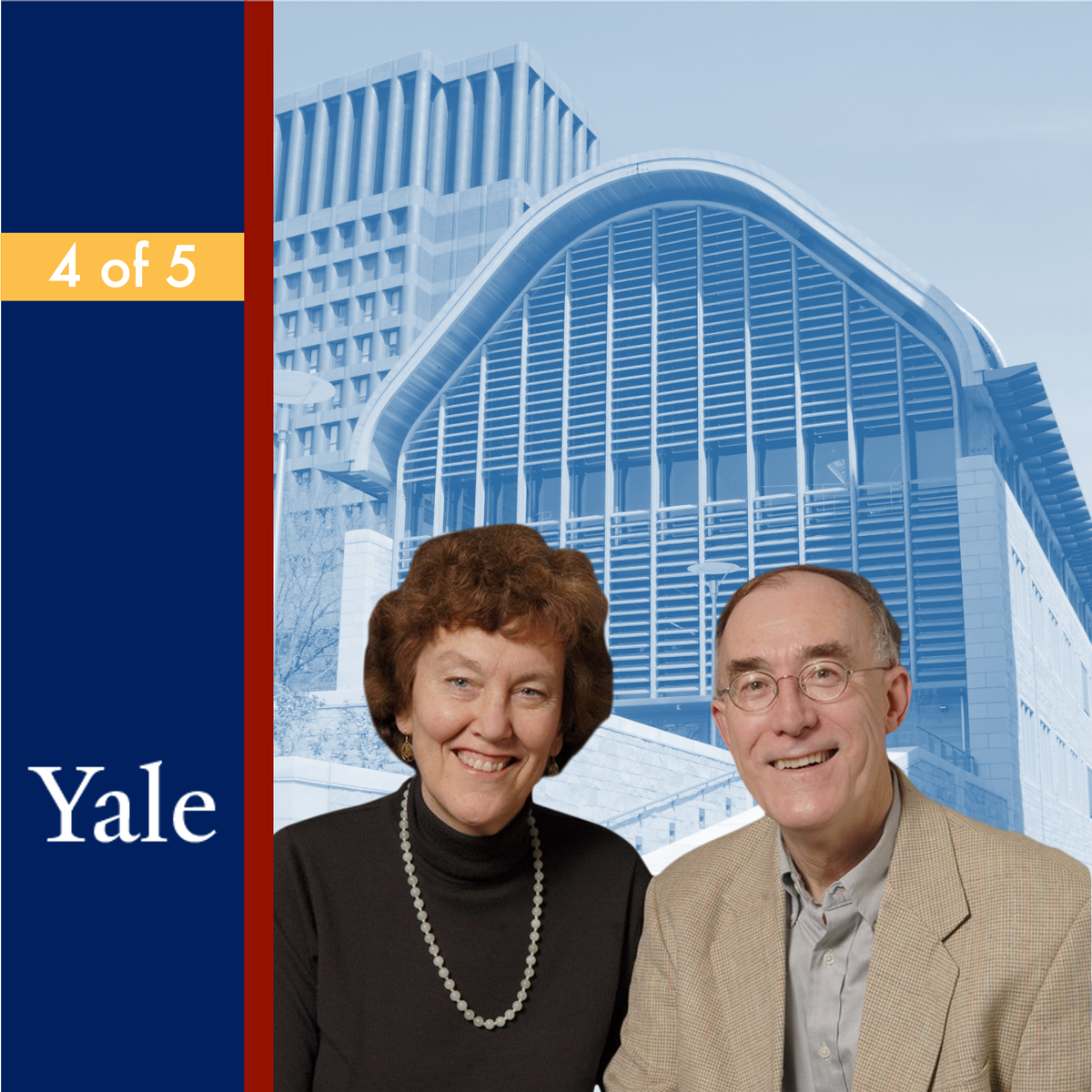
History Courses - Page 16
Showing results 151-160 of 168

Anti-Racism III
Anti-Racism III is the third course in CU Boulder's Anti-Racism specialization on Coursera. You will be asked to apply and deepen what you've learned about race, racism, identity, and inequality in the first and second courses to a more global context that understands systemic racism and white supremacy as a human rights issue. You will also be invited to consider how you might engage in anti-racist practices in your own life, and you will be challenged to design a community outreach project that leverages your own experience and skills as an anti-racism advocate. Anti-Racism III will be available in Fall 2021.
Course logo image credit: Taylor Brandon, 10/11/2020. Available on Unsplash at https://unsplash.com/photos/HRfGpPrzmNg

The Music of the Beatles
The Music of the Beatles will track the musical development of the band, starting from the earliest days in Liverpool and Hamburg, moving through the excitement of Beatlemania, the rush of psychedelia, and the maturity of Abbey Road. While the focus will be on the music, we will also consider how recording techniques, the music business, the music of other artists, and the culture of the 1960s affected John, Paul, George, and Ringo as they created the Beatles repertory.
There is probably no band or artist that has had more written about their music than the Beatles. There are many good books on the band's biography, several insider accounts offering glimpses behind the scenes, books that interpret the meaning of the songs, and even books that catalog dates and people regarding the band. This course will try to synthesize much of that information into an account of the Beatles' development as musicians and songwriters.

Contemporary India
This course presents some important vignettes of a complex, highly diverse India that is also witnessing unprecedented changes since its formal independence in 1947 from Great Britain. The lectures revolve around social dimensions of change, the continuing influence of ancient texts on contemporary India, political democracy, economic transition from the state to the market, gender relations, India's economic globalisation and changing world view.
While one of the objectives is to capture the multifaceted process of change, the course also critically examines some of the tensions inherent in these changes. For example, how does gender inequality play itself out in a changing Indian society, how do the modernist conceptions of art entailing market valuation challenge the more socio-centric values found in South India, what are the politics linguistic identities, and how might India address its myriad development challenges such as poverty and unemployment.
No specific prior knowledge is required. However, it would be helpful if students are aware of the socio political dynamics at play in contemporary India and keep themselves abreast with current affairs and debates in the country to fully appreciate the various dimensions and contours if the subject matter in the course.
This course is taught in English.
View the MOOC promotional video here: http://tinyurl.com/hx8mhxb

Burgos: Deciphering Secrets of Medieval Spain
This advanced course focuses on two primary goals: (1) appraising how Jews, Christians, and Muslims shaped the history of medieval Spain and (2) mastering the craft of Spanish paleography, the skill of identifying Spanish handwriting in the 11th- through 15th-century manuscripts. Through the lens of the medieval history of Burgos, we dedicate 75% percent of our efforts to developing pragmatic expertise in the interpretation of Carolingian/French/Gothic handwriting.
Specifically, the course explores how the royal Castilian city of Burgos influenced, and was influenced by, Jews, Christians, and Muslims. We closely evaluate the Spanish Christian Reconquest, the Plague and the 14th-century Castilian civil war, anti-Jewish pogroms, the emergence of elite conversos (Jewish converts to Christianity), and the role of the king and Roman Catholic Church in the creation of Catholic Spain. Through onsite interviews in archives and museums in Burgos, we experience the medieval city, artifacts, and manuscripts. While we teach using Spanish manuscripts, very little or no knowledge of the Spanish language is necessary to complete the course.
Using an intensive array of paleography practices, exams, independent projects, and collaborative efforts, you will garner exceptional skills that you can apply to interpreting any medieval European handwriting. To demonstrate your mastery of paleography you will (1) create a 14th-15th-century alphabet, numeral, and abbreviation guide using manuscript images, and (2) transcribe one selection from a medieval manuscript.

The Pronunciation of American English Project
In the final course of The Pronunciation of American English specialization, you will complete a final self-reflection project applying what you have learned in the first three courses about consonants, vowels, and the “music” of English. In preparation for the project, you will take a post-test, review all the sounds of English, analyze a speech, and share your advice on improving pronunciation with other learners.
Only learners who pay for the course will be able to take the graded quizzes or submit assignments for feedback. The free version provides access to the lectures and practice activities only.

American Education Reform: History, Policy, Practice
Discover what shapes how we talk about schools today by exploring the history of U.S. education reform. Engage with the main actors, key decisions, and major turning points in this history. See how social forces drive reform. Learn about how the critical tensions embedded in U.S. education policy and practice apply to schools nationally, globally— and where you live.

Blended Language Learning: Design and Practice for Teachers
This course is for language educators who wish to learn how to build and teach a blended language course. You may receive 1.5 Graduate Teacher Education credits (GRTE) for completing this course. See below for more information.
This course is divided into four modules.
In the first module we are going to discuss the origins and effectiveness of the blended learning model.
In the second module, we are going to look at course level considerations such as how to choose a blended format or how to build a blended course syllabus.
In the third module, we are going to focus on the unit level. We are going to discuss how to plan a blended unit, how to go about presenting content, designing blended activities and assessment strategies.
In the fourth module, we're going to turn our attention to the teaching aspect of the blended learning experience.
At the end of the course, you have the option to put what you have learned into practice through an optional peer-reviewed assignment (Honors lesson). This assignment is not required to complete the course unless you wish to obtain Graduate Teacher Credits (GRTE).
This course includes short quizzes, discussion questions, and an optional scaffolded peer-reviewed assignment. If you complete all the assignments, at the end of this course you will have fairly fleshed out a blended unit and you will be well on your way to building your own blended language course.
Upon completion of this course, students will be able to:
Explain blended learning as a teaching modality and discuss its effectiveness
List and discuss the main instructional design steps involved in building a blended language course
Select tools and technologies to support blended language learning
Discuss effective blended teaching strategies
GRTE credits: Credits earned for GRTE courses are not applicable toward a degree program offered at the University of Colorado Boulder but may be used for teacher professional enhancement, including relicensure and school district salary advancement. You may receive 1.5 GRTE credits for completing this course ($225). The form is provided at the end module 5.

The Modern World, Part Two: Global History since 1910
This is a survey of modern history from a global perspective. Part Two begins early in the twentieth century, as older ways of doing things and habits of thought give way. What follows is an era of cataclysmic struggles over what ideas and institutions will take their place. The course concludes in the present day, as communities everywhere are transitioning into a new era of world history. Again we work hard to grasp what is happening and ask: Why? Again we are drawn to pivotal choices made at key moments by individuals and communities.

Fandom, Social Media, and Authenticity in the Digital Age
"Fandom, Social Media, and Authenticity in the Digital Age" focuses your attention on the interconnected dynamics of identity, representation, interpretation, and self-reflection. It asks the question: how, where, and with whom do we inhabit the worlds of fandom and popular culture in the digital age? We will explore the role of digital media in the production of celebrity and fandom, using social media tools and platforms as a running case study. More broadly, the course is about what media studies scholar Henry Jenkins has called “participatory culture,” the processes by which bring our selves into digital spaces, establish trust and authenticity (or challenge these concepts), and negotiate identity in and amongst others. Along the way, you will develop skills in critical self-reflection and communication, as well as analysis and interpretation. You’ll audit your own social media usage, and put this learning in context with major social media presences of our era.
Course-Level Learning Outcomes
* Define and describe the relationship between fandom, popular culture, and digital media as each impact our identity and interactions with others
* Apply critical self-reflection and close reading frameworks through personal and professional writing and online publication
* Engage with pop culture and fandom communities by leveraging online platforms to make connections and synthesize learning
* Reflect on your personal relationship to social media, identity, representation, and social interaction online
Course 1 Skills:
* Personal Development
* Analysis
* Digital Literacy
* Writing
* Social Media
* Close Reading

East Asian Religions & Ecology
At first glance the fields of religion and ecology may seem and unlikely pairing, but a deeper consideration reveals the two have a great deal to contribute to one another and are indeed inextricably linked. Religions recognize the unity and interdependence of humans with nature. Ecological sciences affirm this deep interconnection with the natural world. This partnership can inspire work for the wellbeing of the Earth community
There is a need for broader literacy and deeper knowledge of the world’s religions and their ecological contributions. This specialization, "Religions and Ecology: Restoring the Earth Community", contributes such a perspective. Each course celebrates the vitality of religiously-informed action for the Earth and recognizes the longstanding contributions of Indigenous peoples in offering visions and practices for ecological flourishing.
This course is part 4 of 5 of the "Religions and Ecology: Restoring the Earth Community" specialization that focuses on the ecological dimensions of religious traditions throughout the world.
The course you are about to begin is designed as a gateway to these aspects of the East Asian religions, philosophies, and practices of Confucianism, Daoism, Buddhism, Shinto, and Shamanism. So much has emerged in the last several decades in this area, as you will see. While we have taught this course at Yale, we have adapted it for learners from a wide range of backgrounds.
This course is for lifelong learners curious to know more about world religions and ecology, environmental professionals eager to deepen the discourse of environmental protection and conservation, those working with non-profit organizations and NGOs on issues of ecological justice, and religion leaders and laity who wish to know how they can contribute to interreligious dialogue on environmental projects.
Popular Internships and Jobs by Categories
Find Jobs & Internships
Browse
© 2024 BoostGrad | All rights reserved